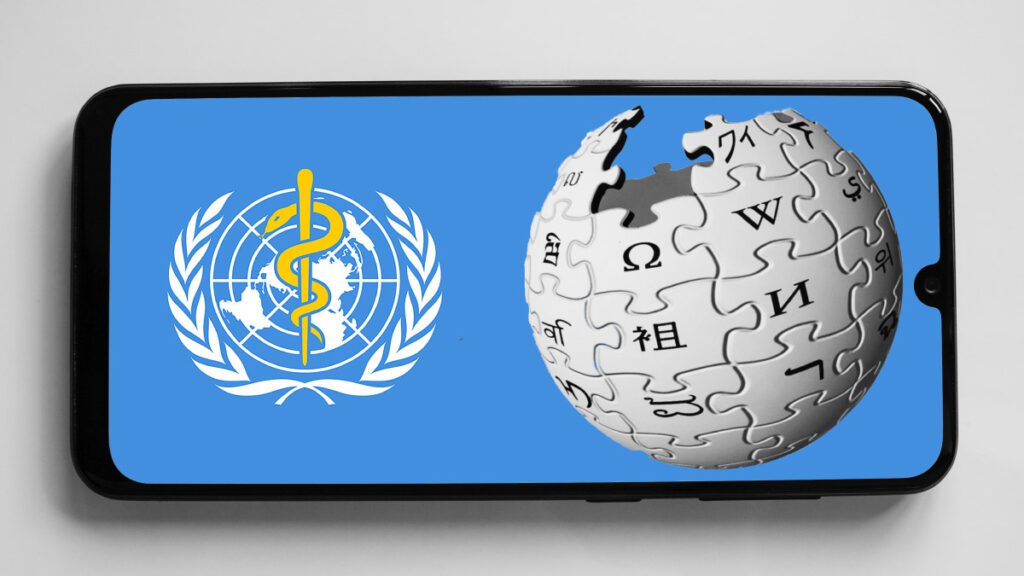
The World Health Organization and the nonprofit administration of Wikipedia have announced their commitment towards making critical COVID-19 information accessible to everyone.
The latest collaboration between the two organizations will ensure equitable, free, and available information amidst the ongoing pandemic. The information will be available under the Creative Commons Attribution-ShareAlike license. This allows any outside organization to freely share the COVID-19 information on their own platforms, further spreading essential knowledge.
“Access to information is essential to healthy communities and should be treated as such,” said CEO at the Wikimedia Foundation, Katherine Maher. “This becomes even more clear in times of global health crises when information can have life-changing consequences. All institutions, from governments to international health agencies, scientific bodies to Wikipedia, must do our part to ensure everyone has equitable and trusted access to knowledge about public health, regardless of where you live or the language you speak.”
In addition, people can also access Wikimedia Commons digital multimedia library, containing videos, infographics, and other public health-related content. Now, Wikipedia’s 250,000 independent editors and volunteers can be used to push more extensive Covid-19 information. There are currently over five thousand virus-related articles, with many Wiki volunteers able to translate the content into numerous languages.
Wikipedia and WHO teams have been busy tackling and fending off misinformation, which has caused significant damage over the past few months. Users can now access the WHO myth busters’ infographic series.
As one of the most viewed sources on the internet and around the globe, Wikipedia has the power to hold its COVID-19 information up high for ‘those in the back’, so to speak. Coupled with the reach, resources, and expertise of the WHO, this collaboration could make a significant difference in protecting the vulnerable in the coming years.